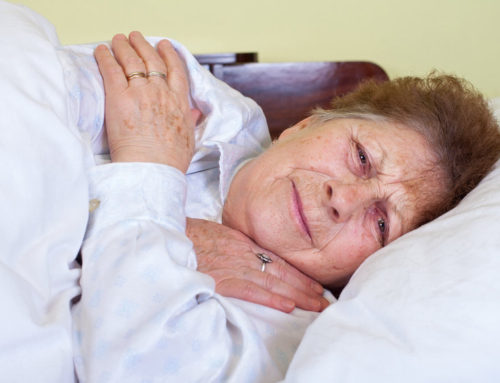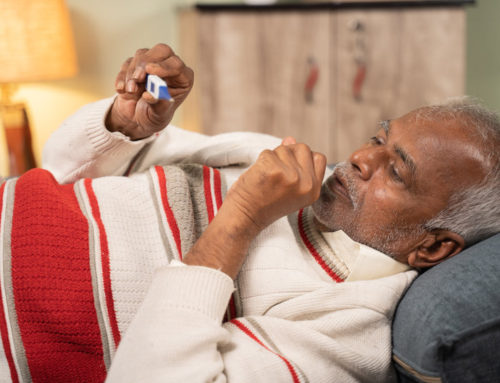Share This Story!
The Risks Of Falling
In the senior population, falls are responsible for over 800,000 yearly hospitalizations. More than 1 in 4 elderly adults experience a fall each year, but less than half of those people speak up at the doctor’s office about falling. In seniors, just one fall can cause a fracture or severe head injury. One way to lower fall risk is to choose the right shoes.
Comfort is key
Wearing shoes that don’t fit properly is quite common in all age groups. From high heels to pointy-toed flats to flip flops, many people choose shoes that don’t do much for the foot. However, older adults need to let these ill-fitting fashion shoes go and, instead, opt for shoes that are comfortable and not too loose or too tight.
The myth of breaking shoes in
Many people buy shoes that don’t fit quite right in the hopes that the shoes will fit better after a few wears. But if shoes don’t fit properly in the store, don’t choose that pair. Shoes that aren’t immediately comfortable can lead to blisters, gait imbalances, and directly lead to falls. When picking out a new pair of shoes, go for ones that are comfortable right away.
Sturdy soles
The right shoe should have a sturdy shape and should not have a high heel. While proper footwear should have some flexibility when walking, the shoe should be sturdy enough not to lose shape. Seniors also need to be careful about choosing footwear with a non-skid sole to prevent slipping. When the soles wear out, this is a sign that the shoes need to be replaced.
Consider weight
Many seniors tend to shuffle slightly when walking and not pick up the feet much between steps. Consider how the weight of a shoe can impact walking ability. If a shoe is too heavy, this can impede walking patterns and lead to falls.
Don’t shy from variety
Even though seniors need to prioritize comfortable and well-fitting footwear, people will still want an array of options. Ideally, a person should have a walking shoe and a shoe to wear around the house. People with limited mobility may wish to have shoes that have elastic laces and are easier to adjust without help. Some seniors may also benefit from over-the-counter orthotics to help ease foot pain and improve balance. For more information about fall prevention and choosing the right shoes, speak with a healthcare provider.





